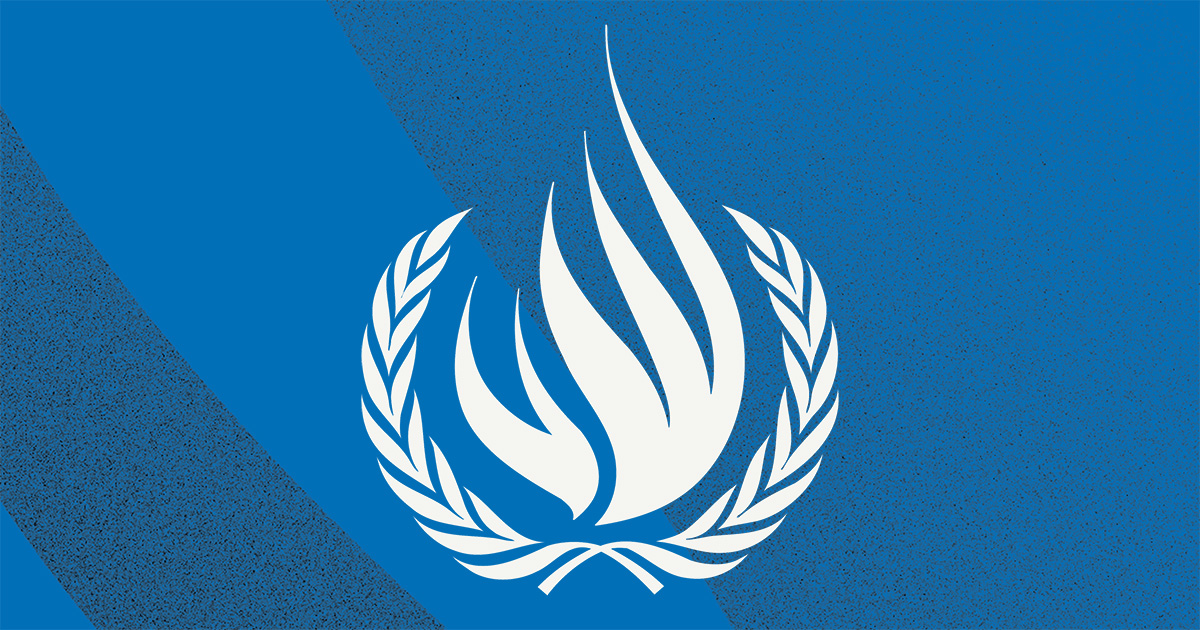
Israeli cities this month witnessed protests by some of the country’s 150,000-strong community of Ethiopian Jews. Protesters carried “Black Lives Matter” posters, inspired by the American movement of the same name. More than 100 police officers were injured during the protests and 136 people were arrested. The immediate trigger was the killing of Solomon Teka, an 18-year-old Ethiopian immigrant, by an off-duty police officer, who was subsequently charged for a disciplinary violation rather than manslaughter.
This was not an isolated incident. Indeed, it was part an acknowledged pattern of racism in Israel toward marginalized communities. Earlier this year, a 24-year-old Ethiopian man with a mental disability was shot dead by the police. The officers are yet to go on trial. In 2015, an Ethiopian-Israeli soldier was beaten in broad daylight by a police officer. The previous year, a 22-year-old Ethiopian man committed suicide after allegedly enduring repeated abuse by police officers, none of whom were indicted due to a lack of evidence. Eleven Ethiopian men have been shot dead by the police over the last 20 years, with five shootings occurring over the last six years.
In 2016, a government-appointed committee found evidence of systemic racism in Israel toward Ethiopians, whom it said are disproportionately incarcerated, suffer high levels of impoverishment and are discriminated against in housing, education and employment. Of the 52 recommendations made in the report, the government has so far implemented 35.
However, as the incident this month indicates, racism and its manifestation in the form of police brutality continues. The root cause of this is the Israeli state’s historical and continuing “othering” of ethnic groups to, firstly, consolidate a constructed national identity and, secondly, to relieve its anxiety over preserving the country’s Jewish character.
This has led to violence in various forms against these groups. In the early days of its founding, Israel pursued a policy of de-Arabization directed toward the Mizrahim, or Jews of Middle Eastern and North African descent. The newly established state pursued a deliberate policy of erasing the Mizrahim’s Arab identity; their language was deemed to be that of the enemy, while their music and cuisine were systematically appropriated as part of a constructed Israeli supra-identity. The standard-bearers of this identity were the Ashkenazim, or Jews of European descent, which form the majority of the country’s elite to this day. The cultural violence directed at the Mizrahim has meant that, today, the Mizrahim have largely adopted “mainstream” Ashkenazi culture.
This privileging of white Europeans as the true markers of authentic Israeli Jewish identity and the Israeli state’s overall anxiety over maintaining its Jewish majority, however, took on more insidious forms in its interactions with newly arriving black immigrants.
Since their arrival in the 1980s, Ethiopian Jews’ adherence to the Jewish faith was considered inauthentic by Israel’s state religious bodies. Some of the first indignities heaped upon the new arrivals were the requirement to undergo conversion ceremonies and, in some instances, a symbolic re-circumcision for males. In 2013, the Israeli government admitted to administering long-lasting contraceptives to Ethiopian women without their consent, a policy discovered by social workers who noticed that the Ethiopian community’s birth-rate had halved in a decade.
Racism toward black and Arab Israelis has often taken on violent forms due to the conflation of these communities with those deemed to be a danger to Israel; with a heavily militarized state unable or unwilling to spot the difference between the two. Ethiopian Israelis are frequently associated with the 33,000 Eritrean and Sudanese refugees in Israel. Israel’s right-wing former Justice Minister Ayelet Shaked recently vowed to deport these refugees “voluntarily or by coercion.”
Israel’s political system and the state of play in its current national politics are unlikely to offer Ethiopian Israelis any solace.
Dnyanesh Kamat
Israel’s political system and the state of play in its current national politics are unlikely to offer Ethiopian Israelis any solace. The electoral system, which sets a high threshold for parties to enter Parliament, does not allow for adequate representation of minority groups. Moreover, in the run-up to Israel’s general election in September, both the main political groupings have taken on positions unlikely to assuage concerns about racism in Israel.
The opposition Blue and White centrist-liberal alliance has pointedly refused to ally with Palestinian parties, thus ensuring their political exclusion, while incumbent Prime Minister Benjamin Netanyahu has wholeheartedly embraced the agenda of the far right and religious parties as part of his election campaign. It is no coincidence that, even as he expressed sorrow at the killing of the Ethiopian teenager, Netanyahu quickly reverted to familiar law-and-order rhetoric by saying his government will no longer tolerate the blocking of roads and asked protesters to respect the law.
Unless Israel seriously addresses what it means to be both an Israeli Jew and an Israeli citizen and the relationship between both identities, it cannot hope to end systemic racism against Ethiopians and other marginalized groups. In the political environment currently prevailing, the chances of this happening seem extremely low.












